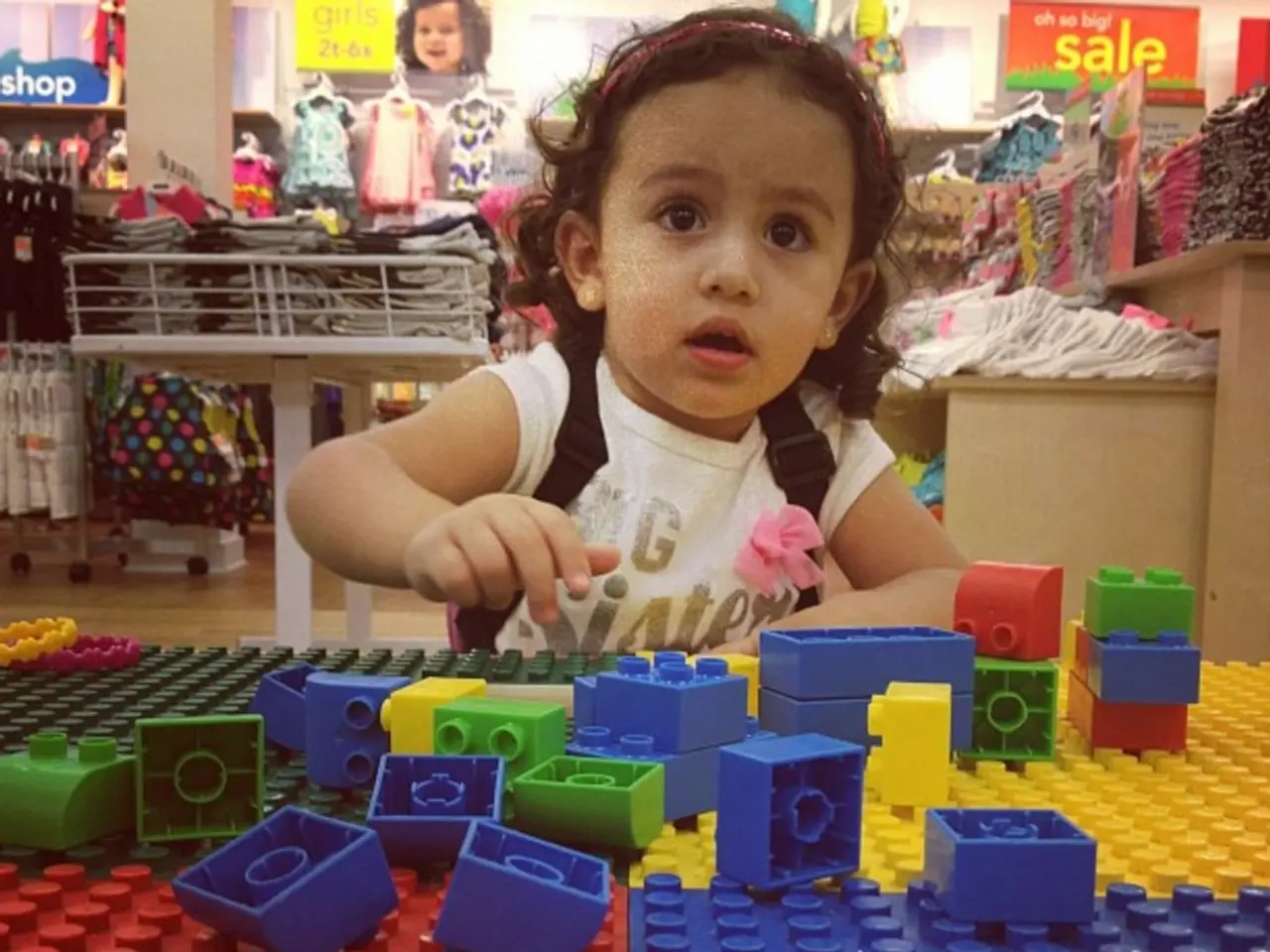Overindulgent Parenting: Seeking to Uncover the Unseen Drawbacks
Overparenting, a pattern of excessive involvement in a child's experiences, decisions, and emotions, can have significant and potentially negative effects on child development. This style of parenting, often characterised by constant problem-solving, monitoring, and decision-making on behalf of the child, can lead to several issues.
Children who are overprotected may develop undermined confidence, doubting their abilities, avoiding risks, and becoming overly dependent on external approval. They may struggle with autonomy and competence, as they are pressured to conform to parents' expectations rather than developing their own self-efficacy.
This over-controlling and overindulgent approach can lead to increased anxiety and depression in children, due to excessive parental control and pressure. It may also result in the risk of addiction or unhealthy coping mechanisms, as children facing relentless pressure or overprotection may escape stress through compulsive behaviors or substance use.
Restricting social interactions and autonomy can alienate children, impede their ability to form healthy relationships, and cause emotional distress. Overindulgence leads to children who struggle with delayed gratification, responsibility, and understanding limits because parents solve problems or replace losses for them.
Differences in parental styles (authoritative vs authoritarian) can cause confusion and behavioral issues like aggression or defiance in children. Overinvolved mothers may experience anxiety, guilt, and difficulty with boundaries, leading to dysfunctional emotional dynamics that affect child development.
However, there are solutions to mitigate these negative effects. Encouraging autonomy, allowing children to make age-appropriate decisions and face natural consequences, helps build competence and confidence. Balanced parental involvement, providing structure and support without micromanaging, fosters a secure but independent environment.
Promoting emotional regulation and boundaries is crucial, especially for mothers prone to codependency. Parents, especially those struggling with overinvolvement, should practice self-care, set healthy boundaries, and seek help when needed. Consistent parenting approaches, communicating and collaborating to reduce child confusion and behavioral issues, are also essential.
Teaching responsibility and delayed gratification is important. Parents should avoid immediately replacing lost items or removing all challenges; instead, they should encourage children to work towards earning what they want and to accept setbacks. Seeking professional guidance, such as counseling or parenting programs focused on healthy boundaries and child development, may also be beneficial for families struggling with overparenting dynamics or related mental health concerns.
In summary, adopting a more balanced, autonomy-supportive approach with clear boundaries helps foster healthy development and resilience. This approach addresses the negative effects by promoting independence, emotional health, and appropriate parental involvement. Showing your child how to do something and then letting them try, mess up, and improve fosters competence. Helping kids understand that feelings like disappointment, boredom, and awkwardness are temporary and manageable is important for their emotional well-being and social development.
- Engaging in education-and-self-development, such as attending workshops on balanced parenting or consulting resources on child development, might aid parents in adopting a more supportive approach in their family-dynamics, thereby curbing the negative effects of overparenting.
- By incorporating health-and-wellness practices into their lifestyle, like practicing mindfulness and yoga, parents may cultivate emotional regulation skills to prevent codependency and maintain a harmonious relationship with their children.
- A commitment to the lifestyle of open communication, respect, and understanding within a family can create a positive environment that encourages relationships, promoting a sense of family-dynamics built on empathy, cooperation, and mutual growth.




